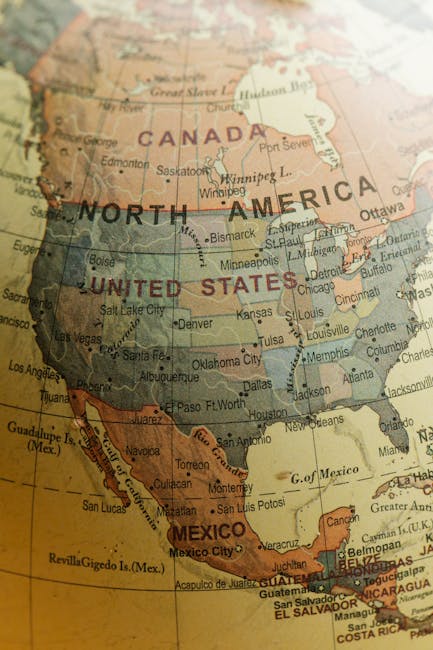Controversial Video Games: Banned in Countries Across the Globe
Video games have long been a source of controversy, pushing the boundaries of what is deemed acceptable in popular entertainment. From graphic violence to explicit content, these games often provoke strong reactions from players and non-players alike. Some video games have even been banned in certain countries due to their content, sparking debates about censorship, artistic freedom, and the impact of media on society.
The Impact of Video Games
Video games are a powerful form of entertainment that can evoke a wide range of emotions and reactions in players. They allow individuals to immerse themselves in virtual worlds, taking on roles and making decisions that can have consequences within the game. However, some games have been criticized for their depictions of violence, sexual content, drug use, and other sensitive topics.
While many argue that video games are a form of art that should be protected under freedom of expression laws, others believe that certain games cross the line and should be restricted or banned. The debate over the impact of video games on players, particularly children and adolescents, continues to be a hot topic in the gaming community and beyond.
Controversial Video Games
Several video games have faced bans in various countries around the world due to their content or themes. These bans are often imposed by government bodies or regulatory agencies in an effort to protect public morality, uphold cultural norms, or prevent the incitement of violence. While some bans are temporary and can be lifted with modifications to the game, others are permanent and result in the game being removed from sale entirely.

Examples of Banned Video Games
One of the most well-known examples of a banned video game is “Manhunt 2,” a survival horror game developed by Rockstar Games. The game was banned in several countries, including Germany and the United Kingdom, due to its extreme violence and graphic content. In “Manhunt 2,” players take on the role of a mentally disturbed man who must escape from a psychiatric institution while engaging in brutal acts of violence against his enemies.
Another infamous example is “Call of Duty: Modern Warfare 2,” which faced a temporary ban in Russia for a controversial level that depicted a terrorist attack on an airport. The level, known as “No Russian,” allows players to participate in a mass shooting at a fictional airport, leading to widespread condemnation and calls for the game to be banned outright.
In Australia, “Fallout 3” was initially banned due to the inclusion of drug use as a gameplay mechanic. The game was later reclassified and released with some changes to comply with Australian regulations, but the initial ban sparked discussions about the depiction of drugs in video games and their potential impact on players.

The Debate Over Video Game Bans
The issue of banning video games is a complex and contentious one, with proponents on both sides of the argument. Those in favor of bans argue that certain games can promote violence, desensitize players to real-world issues, and negatively impact society as a whole. They believe that restricting access to these games is necessary to protect public safety and well-being.
On the other hand, opponents of bans assert that video games are a form of expression protected by freedom of speech laws. They argue that censorship of games sets a dangerous precedent and infringes on the rights of game developers and players. Some also point out that there is little concrete evidence linking video game violence to real-world violence, making it difficult to justify outright bans.
The Future of Controversial Video Games
As video games continue to evolve as a medium, the debate over controversial content will likely intensify. With advances in technology allowing for more realistic graphics and immersive gameplay experiences, game developers will need to navigate the fine line between artistic expression and censorship. Government bodies and regulatory agencies will also need to adapt their regulations to keep up with the changing landscape of video game content.
Ultimately, the decision to ban a video game should be made carefully, taking into account the potential impact on players and society as a whole. While some games may push the boundaries of what is deemed acceptable, others may provide valuable insights into complex issues or spark important conversations. As players, developers, and regulators continue to grapple with the complexities of controversial video games, one thing is certain – the debate is far from over.


